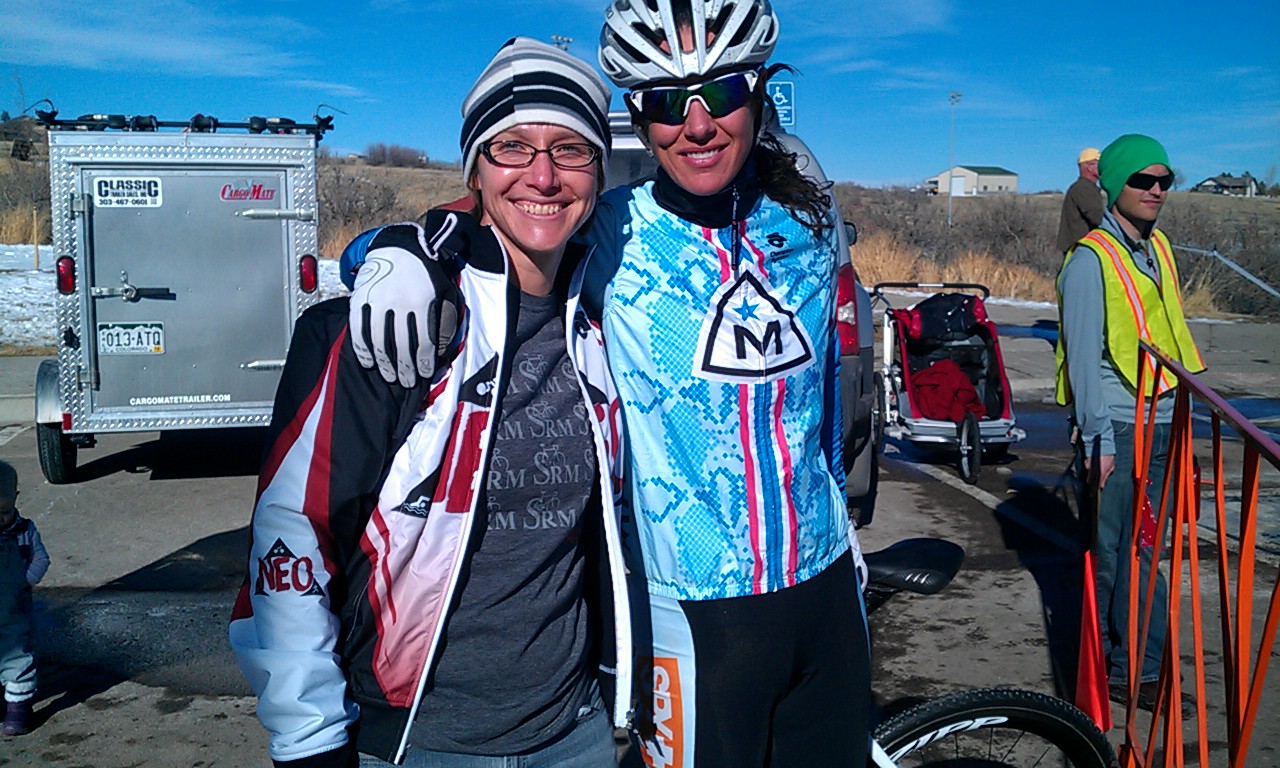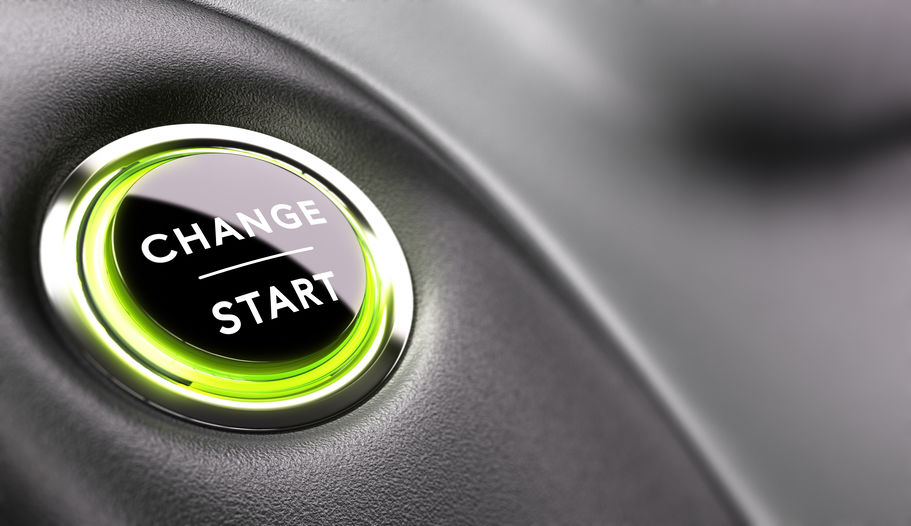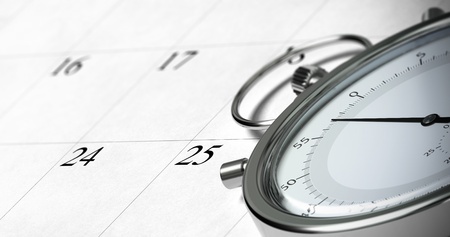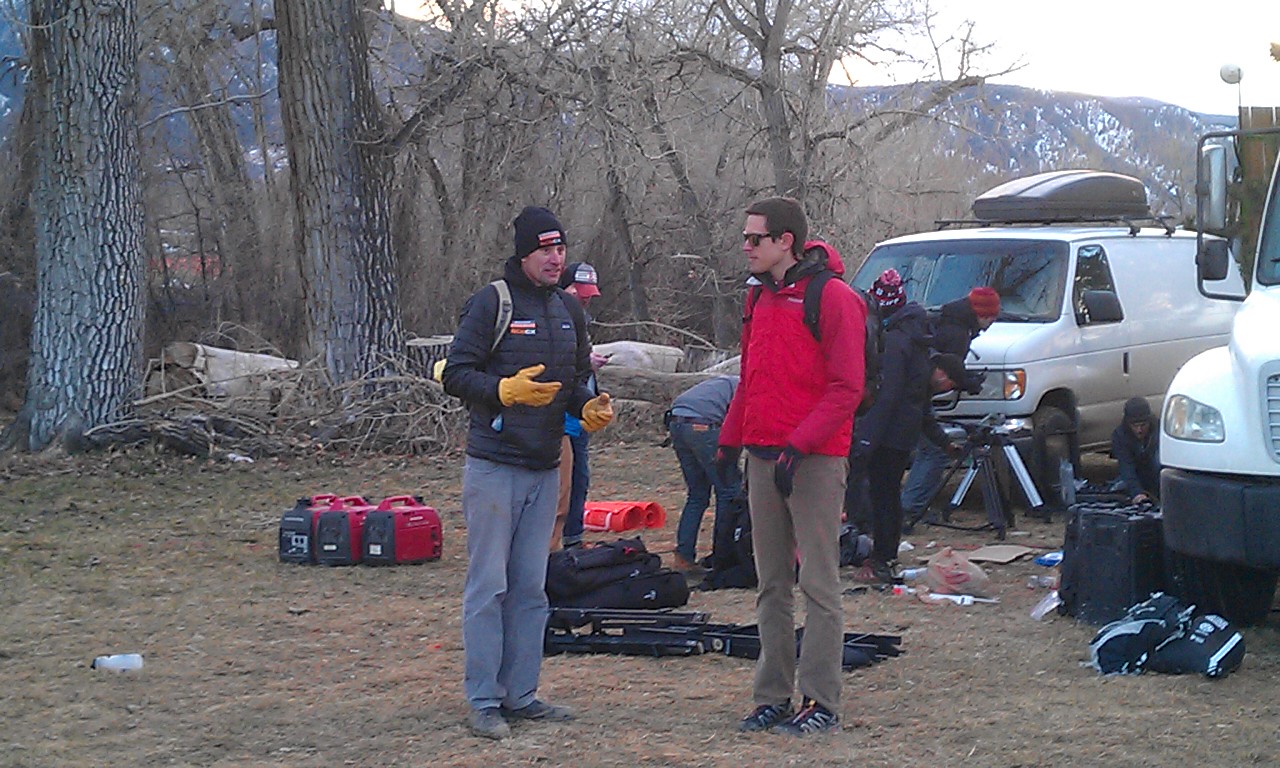I recently got an email from Bill. He writes:I just got a Garmin 405CX with HRM, and I was comparing my only two rides to some that you have logged. Your calories burned are quite a bit less than those that my GPS calculates. For example, my Falcon Trail ride was about 1/2 the Elevation Gain, and slightly less distance, yet my Calorie burn was 50% more than your “Hill Repeats 8×6…” Would this mainly be due to our probably weight difference?
Similar heart rates over a similar time (although I was out there a bit longer) and Bill burned over 400 more calories than I did. There are two main reasons for this.
1) He weighs more (He’s 6′ and 170).
2) He is male (men typically have higher percentage of lean mass than females)
Looking at just weight, in general, the heavier you are, the higher your resting metabolic rate. This is because it takes energy to sustain the mass. My Resting Metabolic Rate (RMR) is approximately 1300 calories, Bills is 1700 (based on this RMR calculator). So just doing nothing he burns about 30% more than I do. Throw in activity and he still burns at a higher rate.
If we consider lean body mass, or percentage of mass that isn’t fat, the higher the lean body mass % (lower body fat %), the higher the resting metabolic rate. If you consider two women that weigh 135lbs and one has 25% body fat and the other 18%, the woman at 18% body fat will burn more calories at the same activity level than the 25% woman. The more muscle we have, the more calories we burn. Because men usually have less body fat in general than women, they have more muscle for a given weight and therefore a higher resting metabolic rate. Even if Bill and I weighed the same, he’d still be likely burn more calories than I do.
Regarding calorie burning estimates, they are just that – estimates. However, heart rate based calculations will be be relatively accurate. I trust the reading on my Garmin unit based on general estimates I’ve done. Bill also has a Garmin heart rate monitor, so it should be using the same formula as mine. As long as he has the correct data (age and weight) entered in the unit, it should be pretty accurate for him as well. If you are using the calorie estimate on a gym machine or a speed/pace based estimate, be careful. I find they often are too high, even when you enter your age and weight.








